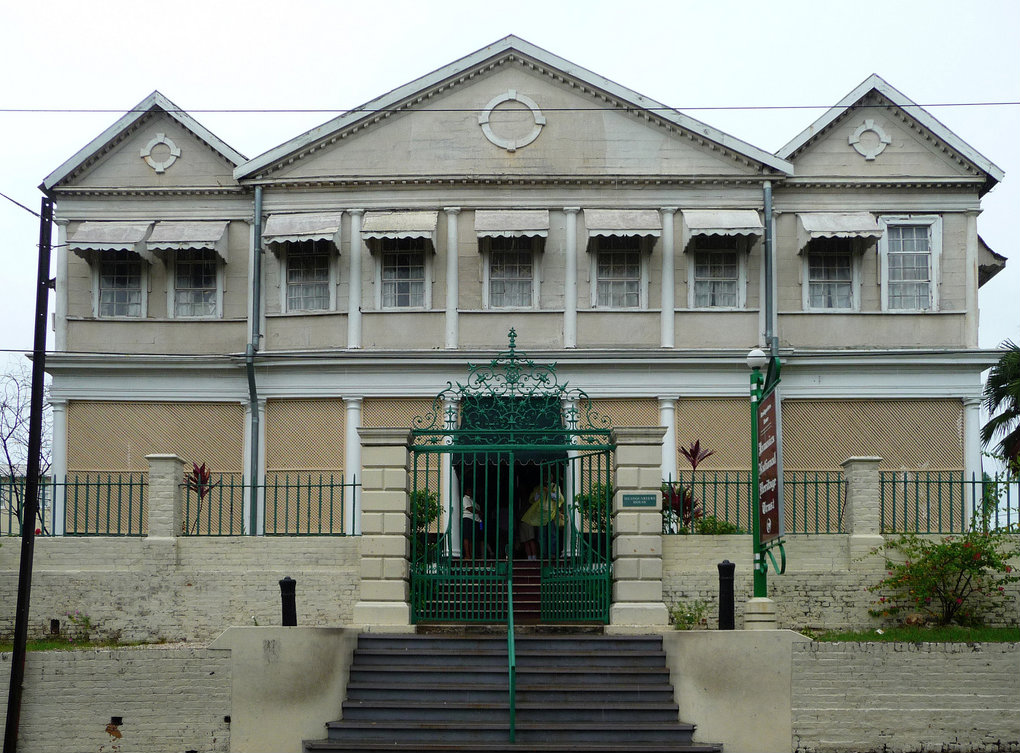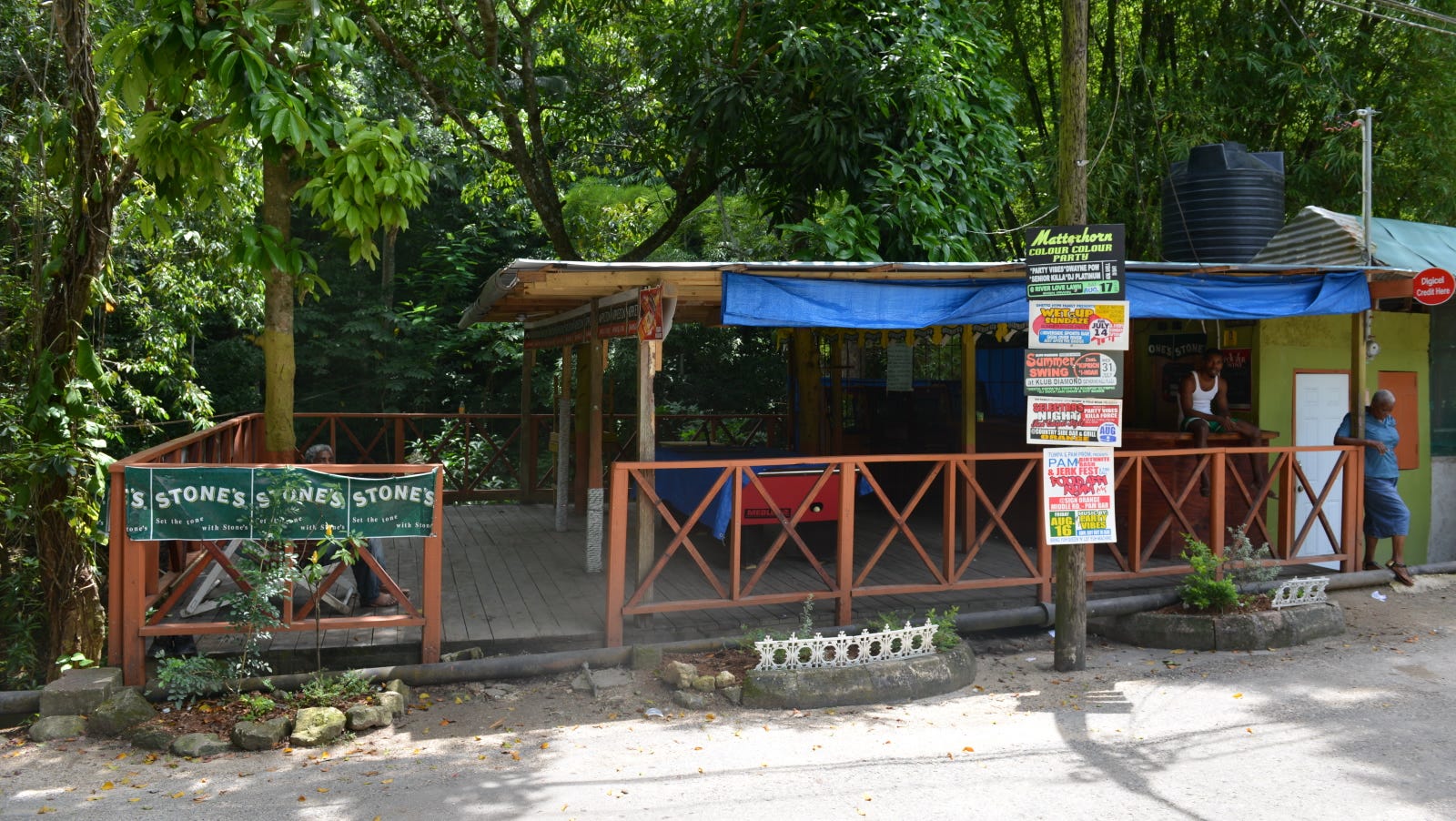

The island achieved independence from the United Kingdom on 6 August 1962. Beginning in the 1840s, the British began using Chinese and Indian indentured labour to work on plantations. The British fully emancipated all slaves in 1838, and many freedmen chose to have subsistence farms rather than to work on plantations. Under British colonial rule Jamaica became a leading sugar exporter, with a plantation economy dependent on the African slaves and later their descendants.

The island remained a possession of Spain until 1655, when England (later Great Britain) conquered it, renaming it Jamaica. Many of the indigenous people were either killed or died of diseases to which they had no immunity, after which the Spanish then brought large numbers of African slaves to Jamaica as labourers. Originally inhabited by the indigenous Taíno peoples, the island came under Spanish rule following the arrival of Christopher Columbus in 1494. Jamaica lies about 145 kilometres (90 mi) south of Cuba, and 191 kilometres (119 mi) west of Hispaniola (the island containing the countries of Haiti and the Dominican Republic) the British Overseas Territory of the Cayman Islands lies some 215 kilometres (134 mi) to the north-west. Spanning 10,990 square kilometres (4,240 sq mi) in area, it is the third-largest island of the Greater Antilles and the Caribbean (after Cuba and Hispaniola). Jamaica ( / dʒ ə ˈ m eɪ k ə/ ( listen)) is an island country situated in the Caribbean Sea.
#Jamaica prime minister house 2013 verification#
Final selection is subject to verification of the information provided during the application interview process.īenefits are delivered to families for a period of four years, after which they are required to re-apply and be reassessed for continued eligibility.+1-658 ( Overlay of 876 active in November 2018) Families that have attained a score which is at or below the cut-off point established for the Programme are provisionally selected to participate. The BIS applies a Proxy Means Test to derive the family’s score. PATH applicants are invited to visit the Ministry of Labour and Social Security’s office in their parish of residence to complete the application process. The process may also be undertaken at designated centres, communities or within homes of the elderly or persons with disabilities.ĭemographic and other socio-economic data are collected on individual family members and the information entered into the Beneficiary Identification System (BIS).

The programme is supported by loans from the International Bank for Reconstruction and Development (World Bank) and the Inter-American Development Bank (IDB). Since its launch in 2002, the Programme of Advancement Through Health and Education (PATH), administered by the Ministry of Labour and Social Security (MLSS), has become Jamaica’s flagship social assistance programme, currently providing cash grants to approximately 350,000 beneficiaries.


 0 kommentar(er)
0 kommentar(er)
